Malaysia’s Central Bank Unveils Asset Tokenization—Is This the Next Big Disruption in Finance You Can’t Ignore?
Ever wondered what happens when a central bank decides to jump on the digital asset bandwagon—not just dipping a toe, but diving headfirst into asset tokenization? Malaysia’s Bank Negara isn’t just dipping its toes; it’s launching a full-blown Digital Asset Innovation Hub, aiming to reshape how assets like supply-chain finance and Islamic finance operate in the blockchain era. This isn’t some overnight whim—it’s a carefully phased, three-year journey starting with proofs of concept in 2026 before scaling into broader pilots and trials by 2027. The big question is: can this initiative balance innovation with financial stability, transforming traditional finance while keeping the system rock-solid? Malaysia might just be setting a blueprint for the future of finance, blending cutting-edge technology with regulatory foresight in a way that could ripple far beyond its borders.
The initiative will follow a phased approach, beginning with proofs of concept and pilot projects in 2026, and expanding to trials in 2027.
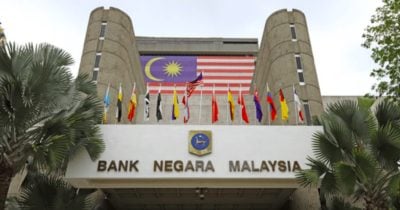
Key Takeaways
- Bank Negara Malaysia launched the Digital Asset Innovation Hub as part of its three-year initiative to explore asset tokenization in finance.
- An industry working group will gather industry feedback on potential tokenization use cases.
Share this article
Through a new Digital Asset Innovation Hub and industry working group, Bank Negara Malaysia has started a three-year program to evaluate how real-world asset tokenization can be applied to sectors like supply-chain and Islamic finance.
Bank Negara Malaysia has published a report inviting industry feedback on asset tokenization to guide future policies. The central bank aims to develop frameworks that support digital asset innovation while maintaining financial stability.
Malaysia recently introduced a “Climate Sukuk” that combines Islamic finance principles with digital tokenization and green initiatives. The country also approved its first Islamic digital bank incorporating stablecoins to advance Shariah-compliant digital finance.
The initiative positions Malaysia among nations actively exploring blockchain-based financial infrastructure. Supply-chain finance represents a key use case for tokenization pilots, potentially streamlining trade financing processes through digital assets.

- Login
- Sign Up
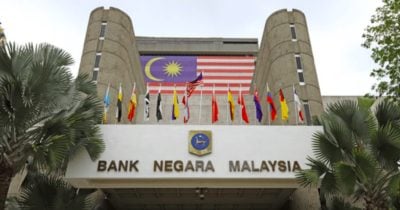





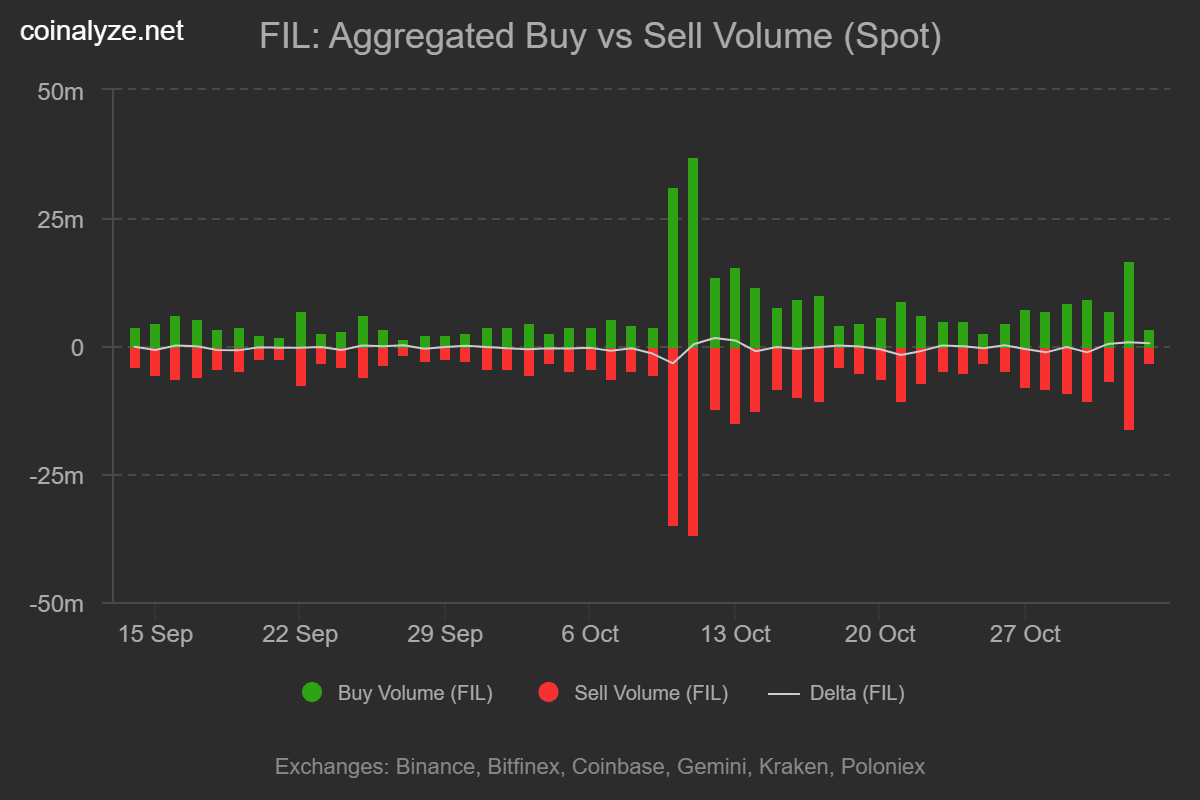
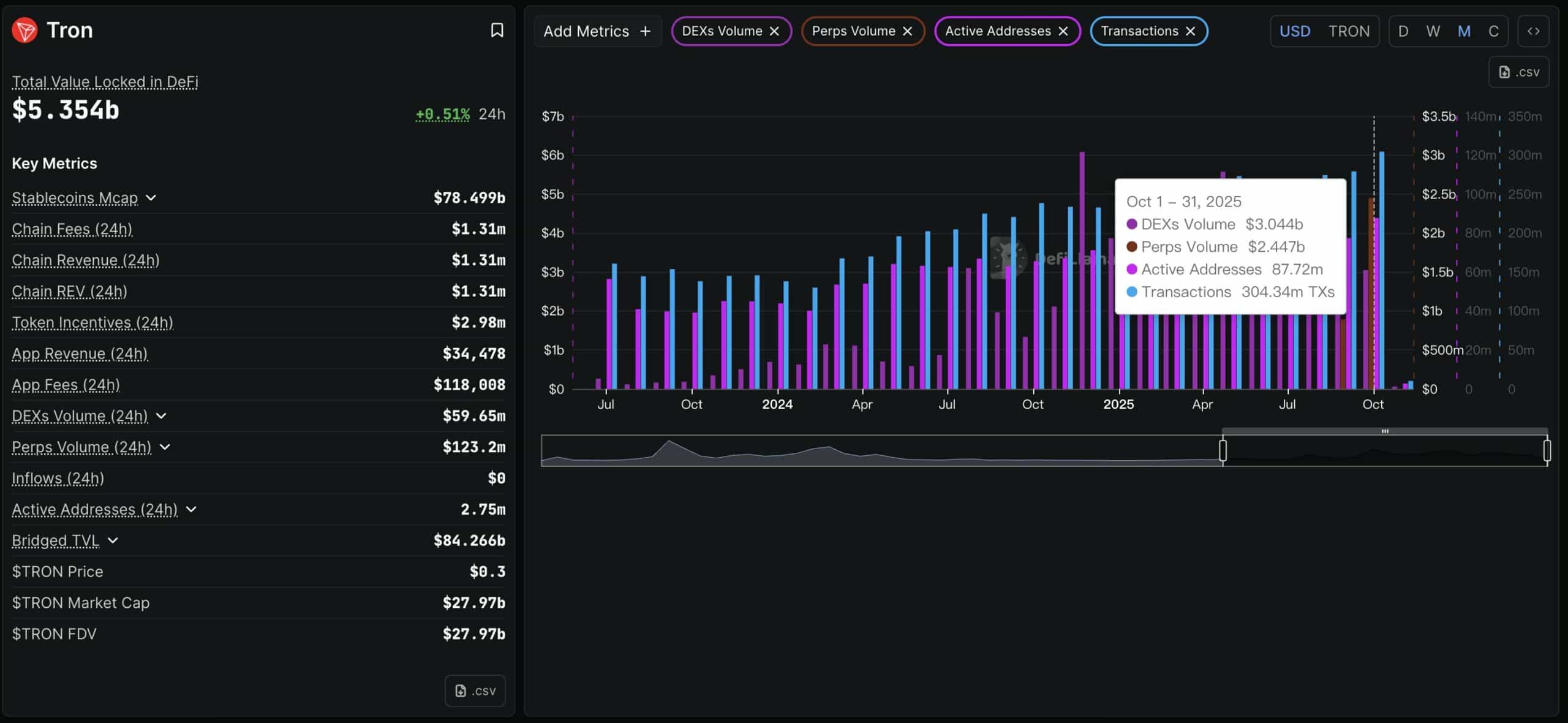
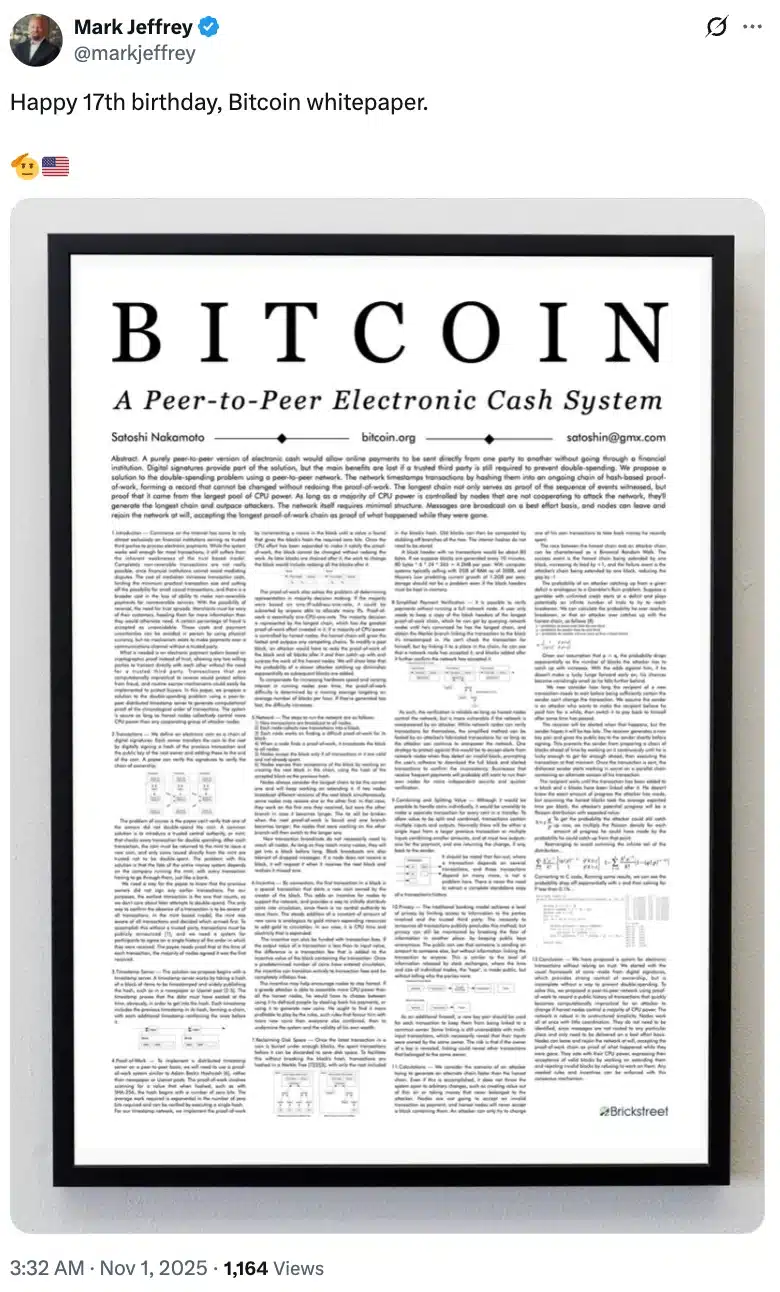











Post Comment